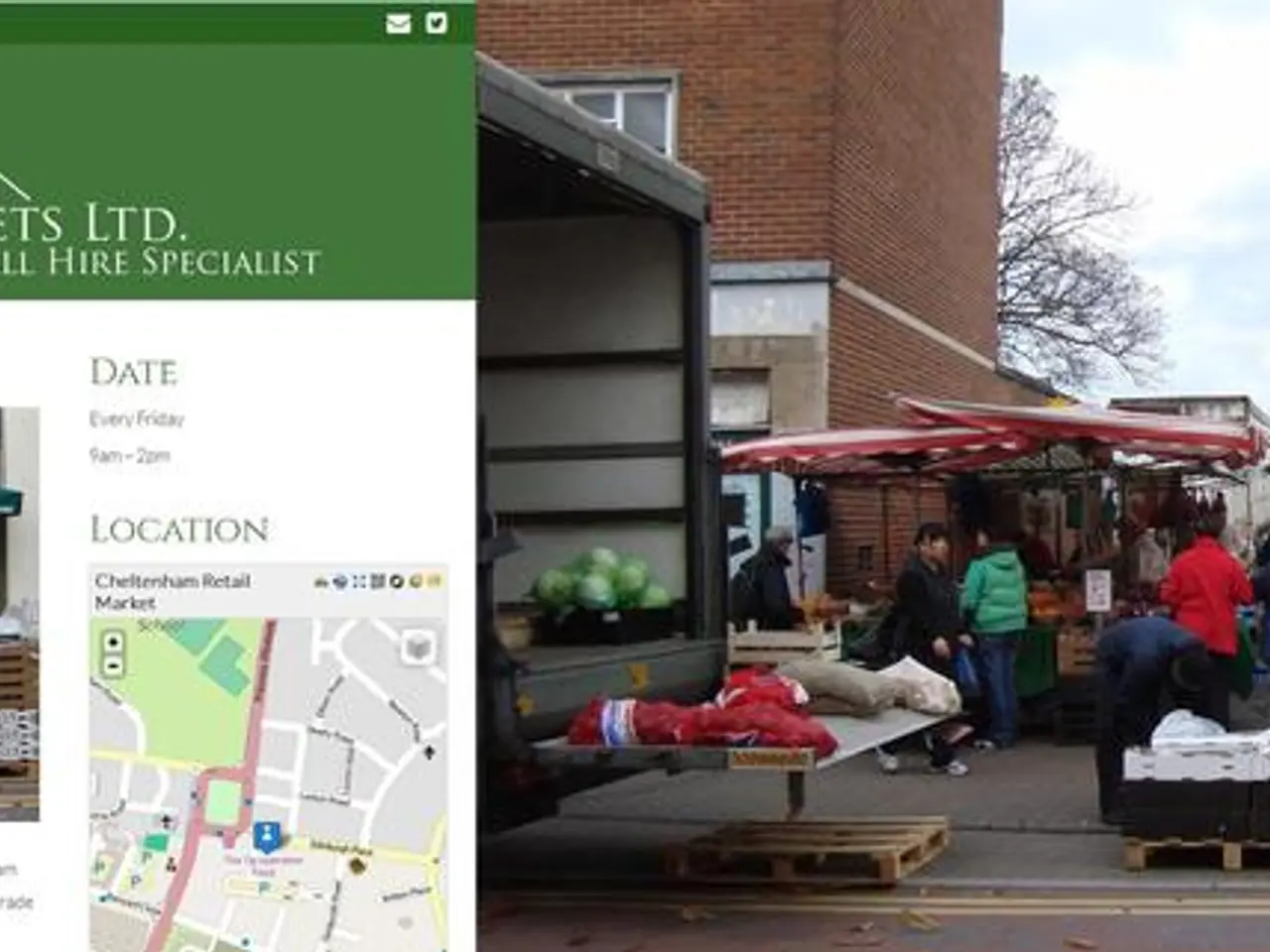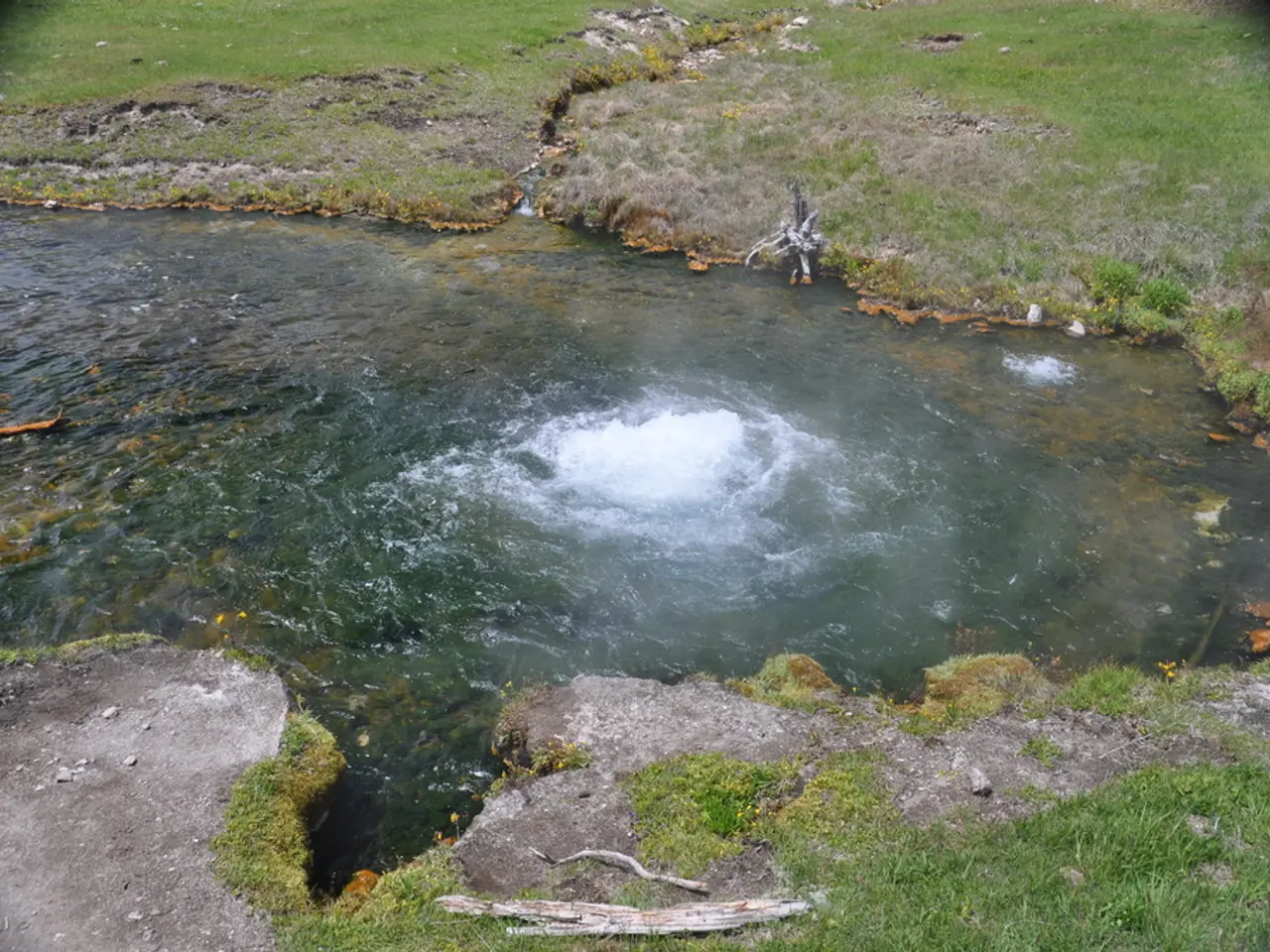North Korea Debuts Grand Resort, Welcoming Russian Tourists
In the world of international politics, three significant developments have emerged this week, each with its own intriguing implications.
Firstly, North Korea has unveiled a massive tourism area on its east coast, known as the Wonsan Kalma Coastal Tourist Area. This grand resort, dubbed "North Korea's Waikiki" by South Korean media, boasts high-rise buildings, Mediterranean-style villas, water slides, and a 2.5-mile-long beach on scenic Wonsan Bay. With a capacity to accommodate nearly 20,000 visitors, the resort marks a step towards expanding North Korea's tourism sector. Despite reopening its borders after a four-year closure due to the COVID-19 pandemic, international tourism remains limited. However, the North Korean government is actively targeting Russian tourists, possibly as part of a closer alignment with Russia. This push to develop and promote the Wonsan Kalma coastal tourist zone coincides with North Korea's increasing support for Russia, including potential aid from Russia to complete the resort in exchange for North Korea's backing in the war in Ukraine.
Meanwhile, in Germany, Chancellor Friedrich Merz has made it clear that Germany will not become a party to the war. However, a military expert sees a "cunning move" in Merz's statement about the potential delivery of German Taurus cruise missiles to Ukraine. Merz has stated that training on the Taurus system would take at least six months and has not yet begun for Ukrainian soldiers. The delivery of these missiles remains a contentious issue, with the ongoing conflict in Ukraine continuing to impact global relations.
Elsewhere, the situation at the Zaporizhzhia nuclear power plant, Europe's largest, remains a cause for concern. The plant's six reactors have been shut down for some time, and the International Atomic Energy Agency (IAEA) is investigating a suspected drone attack near the Russian-occupied plant. IAEA Director General, Rafael Grossi, has stated that such an attack is unacceptable and whoever is behind it should stop immediately.
In Russia, former Deputy Defense Minister Timur Ivanov has been sentenced to 13 years in prison for corruption. Ivanov embezzled the equivalent of about 34.6 million euros from the Moscow bank Interkommerz and 2.2 million euros in the procurement of two ferries for the Crimean Peninsula. These developments serve as a reminder of the ongoing battle against corruption within Russia's political and financial spheres.
In the midst of these developments, it is clear that the world continues to grapple with complex geopolitical issues. As these situations evolve, it is essential to remain informed and vigilant, ensuring that our actions and decisions are guided by facts and a commitment to peace.
In the context of the geopolitical landscape, the employment policy within the North Korean government seems to have prioritized the tourism sector, as evident in the development and promotion of the Wonsan Kalma coastal tourist zone, which aligns with North Korea's increasing support for Russia. On the other hand, the finance policy in Russia, illustrated by the sentencing of former Deputy Defense Minister Timur Ivanov for corruption, suggests ongoing efforts to combat corruption within the country's political and financial spheres. These developments underscore the intricate relationship between politics, finance, and general-news in the international community, while sports and other aspects of life remain awaiting their turn in the spotlight.




